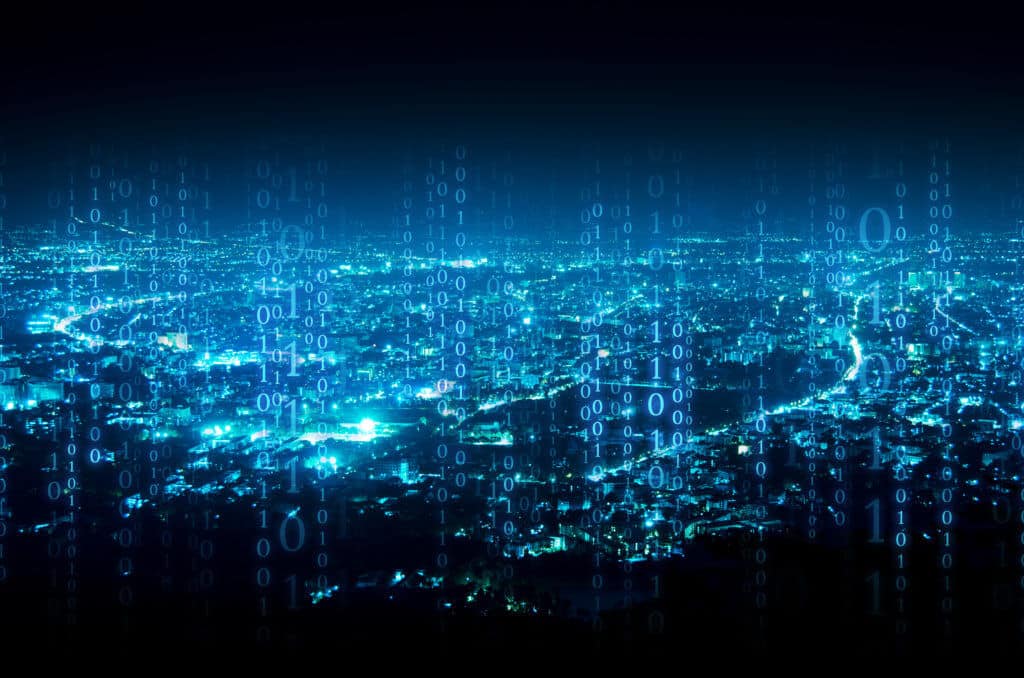Japanese multinational automobile manufacturer, Toyota, announced yesterday that it’s building a prototype “woven city” or what it called “city of the future” for autonomous cars in Japan. According to the company, the project would be used as a laboratory for artificial intelligence, smart homes, autonomous cars, as well as other technologies.
Toyota has also welcomed other companies who want to partner with them to use the community as a testing ground for technology. The company rolled out this plan at the Consumer Electronics Show (CES).
CEO of the Toyota Research Institute, James Kuffner, said yesterday that those building only smart blocks would find it very difficult to learn something about smart cities. He said the company had plans for such a huge project for more than a year. When the project is complete, it will enable a cleaner, safer, and more comfortable learning environments and cities, which could be applied to other places in the world.
According to him, the prototype city would have schools, safety features, police, and could be used to accommodate several of Toyota employees.
The company is building the city at the site of one of Toyota’s car factories the company intends to close this year. Kuffner said the initial plan is for the construction of 2,000 residential places within the environment. Toyota also hopes to create a space where their researchers can live and work.
Cost of the project not disclosed
Although there already plans for the project, the company did not provide any information regarding the cost of the project. However, the executives stated that the project is already on the company’s budget and work will begin on its phase one construction from next year.
The project can help improve future technologies
Revealing Toyota’s plans yesterday, the company’s president, Akio Toyoda, said developing a complete city from scratch is a great way of setting up for future technologies. It will provide a digital and infrastructural base for the city. He said that with vehicles, buildings, and people communicating with each other through sensors and data, it would be easier to test connected AI technology in both physical and virtual terms.
According to the executives, the project would be designed to reduce congestion, reduce climate-changing emissions, and apply internet technology to daily living.
The project shows the level of ambition the top executives have when it comes to Toyota’s social responsibility and dedication to a better living environment. It also shows that the company has political and financial resources at its disposal, especially in its home country.
Architect already selected for the project
Toyota said Bjarke Ingels, a Danish architect, has been awarded to design the futuristic community. Ingel is a renowned name in the architecture field. He also designed Google’s Silicon Valley Building and the World Trade Center in New York.
Trusted & Regulated Stock & CFD Brokers
What we like
- 0% Fees on Stocks
- 5000+ Stocks, ETFs and other Markets
- Accepts Paypal Deposits
Min Deposit
$200
Charge per Trade
Zero Commission on real stocks
64 traders signed up today
Visit Now67% of retail investor accounts lose money when trading CFDs with this provider. You should consider whether you can afford to take the high risk of losing your money.
Available Assets
- Total Number of Stocks & Shares5000+
- US Stocks
- German Stocks
- UK Stocks
- European
- ETF Stocks
- IPO
- Funds
- Bonds
- Options
- Futures
- CFDs
- Crypto
Charge per Trade
- FTSE 100 Zero Commission
- NASDAQ Zero Commission
- DAX Zero Commission
- Facebook Zero Commission
- Alphabet Zero Commission
- Tesla Zero Commission
- Apple Zero Commission
- Microsoft Zero Commission
Deposit Method
- Wire Transfer
- Credit Cards
- Bank Account
- Paypall
- Skrill
- Neteller
What we like
- Sign up today and get $5 free
- Fractals Available
- Paypal Available
Min Deposit
$0
Charge per Trade
$1 to $9 PCM
Visit Now
Investing in financial markets carries risk, you have the potential to lose your total investment.
Available Assets
- Total Number of Shares999
- US Stocks
- German Stocks
- UK Stocks
- European Stocks
- EFTs
- IPOs
- Funds
- Bonds
- Options
- Futures
- CFDs
- Crypto
Charge per Trade
- FTSE 100 $1 - $9 per month
- NASDAQ $1 - $9 per month
- DAX $1 - $9 per month
- Facebook $1 - $9 per month
- Alphabet $1 - $9 per month
- Telsa $1 - $9 per month
- Apple $1 - $9 per month
- Microsoft $1 - $9 per month
Deposit Method
- Wire Transfer
- Credit Cards
- Bank Account




